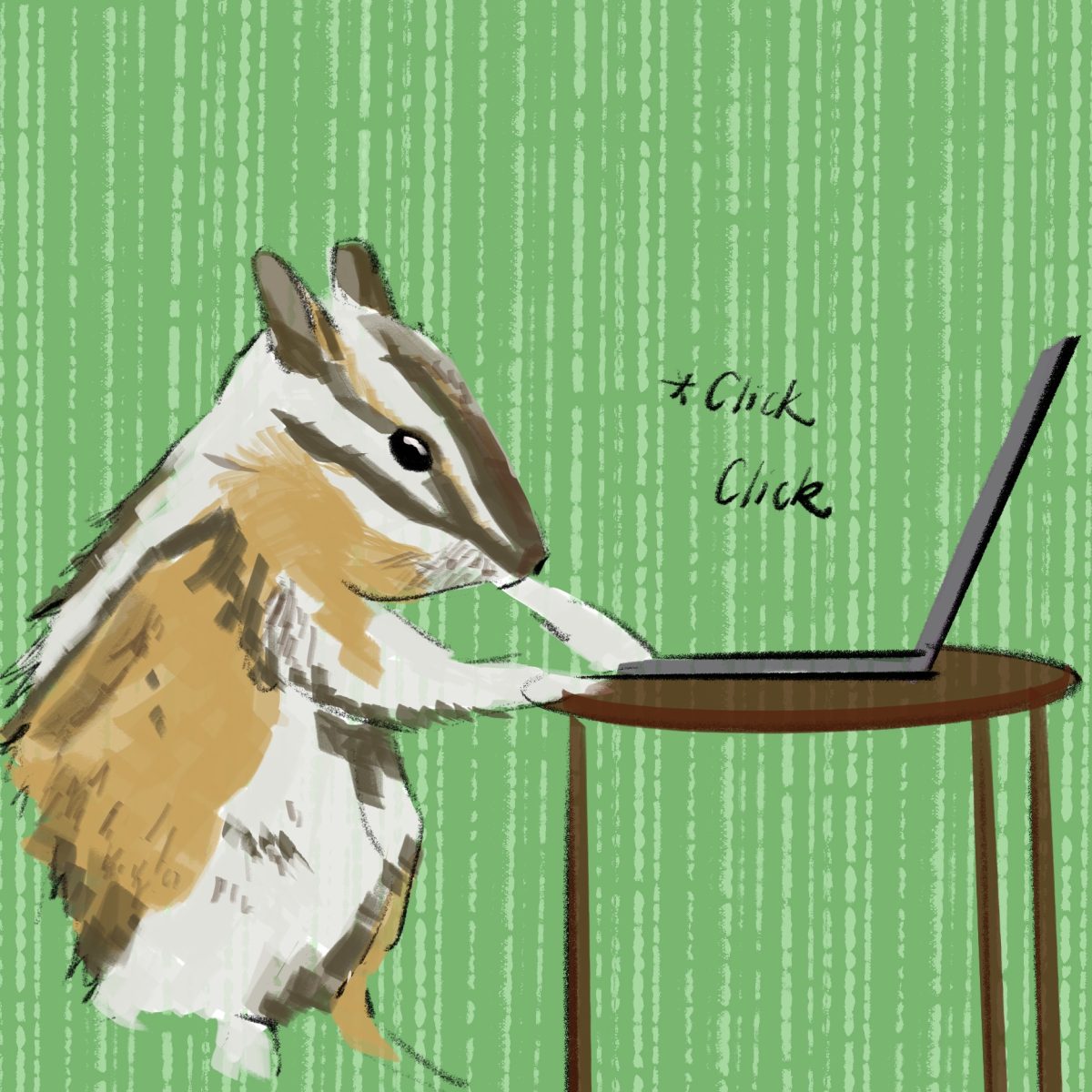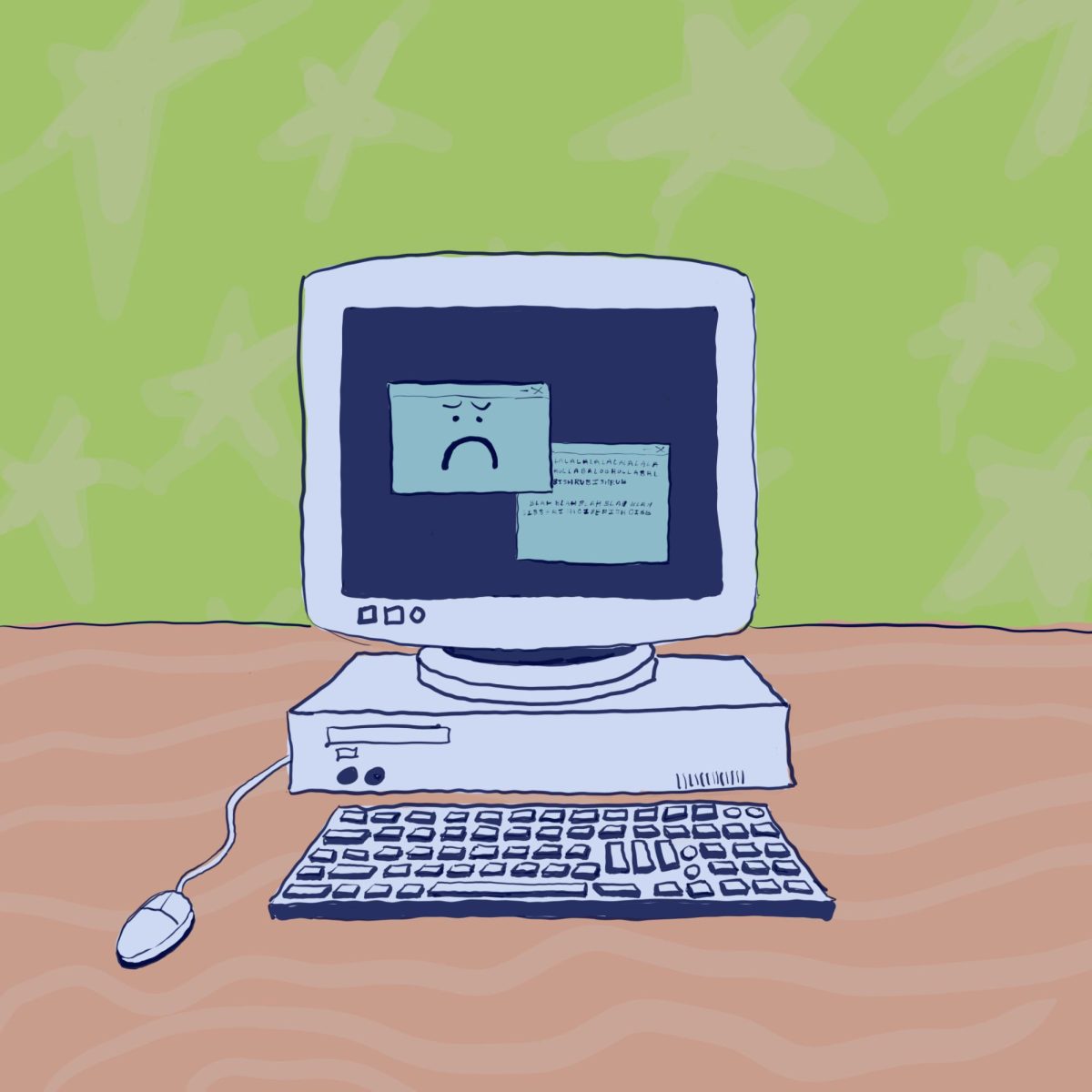UT computer science researchers developed a new tool that aims to improve a computer file system’s integrity and reliability.
The Chipmunk system is designed to test the file systems in computers that store large quantities of data. Chipmunk tries to find bugs in software that would impact a computer’s ability to keep the data safe in the event of a crash, said Vijay Chidambaram, a computer science associate professor.
Chipmunk’s framework is built upon Chidambaram’s CrashMonkey, a similar tool to Chipmunk that is limited to traditional, older file systems. Chidambaram said Chipmunk is a more efficient version of CrashMonkey, which he originally developed in 2018.
“All the ways (to test crash-consistency) that were available before we did Chipmunk and CrashMonkey took more time to test and were very inefficient,” Chidambaram said. “So, this is pushing the state of the art in this regard.”
Chipmunk specifically targets persistent memory systems, which Chidambaram said are like flash drives but 1,000 times faster. Persistent memory is a fast way of storing data even when you lose power or when your computer is turned off. Chipmunk lead researcher Hayley LeBlanc said she hopes persistent memory continues to grow as the hardware is still fairly new.
“I’m hoping that other folks developing (persistent memory) systems could use Chipmunk,” doctoral student LeBlanc said. “That way, if and when persistent memory is adopted, we can be a little bit more confident that it actually works correctly.”
Chipmunk is open-source and accessible to any individual who wants to access the framework online. Chidambaram said he hopes businesses can use Chipmunk to test the stability of their file systems.
“We think (the impact) it’ll have is that Chipmunk can find a lot of bugs in these new file systems,” Chidambaram said. “That’s really why tools like Chipmunk are important because you want your file system to be sophisticated, but you also want it to be correct.”
The research paper LeBlanc helped publish about Chipmunk won the Best Paper Award at the EuroSys Conference in May. LeBlanc said this was a huge honor, as it was her first paper published as a doctoral student.
As persistent memory’s influence expands on the file systems of modern computers, Chipmunk helps ensure compromised data is secure, Chidambaram said.
“In the paper, we talk about what it means when you’re designing new file systems, and we offer free lessons to developers and designers,” Chidambaram said. “We’re hoping that (Chipmunk) will influence this next generation of processor memory card systems.”





















